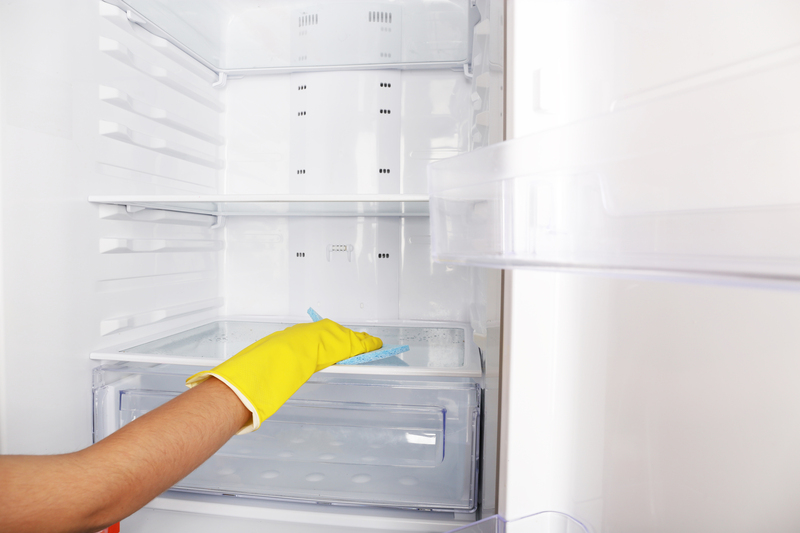How to Make Your Kettle Limescale-Free
Posted on 20/07/2024
Kettles are essential kitchen appliances, especially if you're a tea or coffee lover. However, regular use can result in limescale buildup, which can affect the performance and lifespan of your kettle. Limescale is a hard, chalky deposit of calcium carbonate that comes from hard water. Over time, it can clog the heating element and reduce efficiency. In this article, we'll dive into various methods to make your kettle limescale-free, ensuring it stays in top condition for longer.
1. Why is Limescale a Problem?
Limescale can significantly impact both your kettle's performance and your health:
- Performance: A buildup of limescale can make your kettle less efficient, taking longer to boil water and using more energy.Health: Though not harmful in small amounts, consuming high levels of limescale can be unhealthy, particularly for those with kidney problems.

2. Regular Cleaning Methods
Regular cleaning is key to preventing limescale buildup. Here are some effective methods:
Vinegar and Water
Vinegar is a natural and effective descaler. Follow these steps:
- Fill the kettle halfway with equal parts of water and white vinegar.
- Boil the mixture and let it sit for 30 minutes.
- Empty the kettle and rinse thoroughly with fresh water.
- Boil a full kettle of clean water and discard it to remove any residual vinegar smell.
Lemon Juice
Lemon juice is another natural descaler. Here's how to use it:
- Fill the kettle with enough lemon juice to cover the bottom.
- Add water to fill the kettle halfway.
- Boil the mixture and let it sit for 30 minutes.
- Rinse the kettle thoroughly with clean water.
- Boil fresh water and discard it to remove any lemon residue.
Baking Soda
Baking soda paired with water can also clean your kettle effectively:
- Fill the kettle with water and add 1-2 tablespoons of baking soda.
- Boil the mixture and let it sit for 15 minutes.
- Rinse the kettle thoroughly with clean water.
- Boil fresh water and discard it to remove any baking soda residue.
3. Commercial Descaling Products
If natural remedies don't work or you prefer a ready-made solution, you can use commercial descaling products. Follow the instructions provided by the manufacturer for the best results. These products are formulated to dissolve limescale efficiently and are often very effective.
4. Tips to Prevent Limescale Buildup
Prevention is always better than cure. Here are some tips to prevent limescale buildup:
- Use filtered water: Using a water filter can reduce the minerals that cause limescale.
- Regular cleaning: Clean your kettle at least once a month if you use it frequently.
- Avoid leaving water: Don't leave water standing in the kettle for prolonged periods.
Pros and Cons
Pros of Regular Cleaning
- Maintains kettle efficiency
- Prolongs the life of the appliance
- Prevents health issues related to limescale
Cons of Regular Cleaning
- Requires time and effort
- Need for repeated cleaning sessions
- Chemical descalers can be expensive

Conclusion
Keeping your kettle limescale-free is essential for maintaining its efficiency and longevity. Regular cleaning using natural methods like vinegar, lemon juice, or baking soda can be effective and eco-friendly. Commercial descalers are also an option if natural remedies don't suffice. Additionally, adopting preventive measures such as using filtered water can minimize limescale buildup. While the regular cleaning process may require some effort, the benefits far outweigh the cons, ensuring that your kettle serves you well for years to come.
Takeaways
- Cleaning your kettle regularly is crucial for optimal performance.
- Natural descaling methods include vinegar, lemon juice, and baking soda.
- Commercial descalers can provide quick results if needed.
- Preventive measures like using filtered water can minimize future limescale buildup.
Latest Posts
Tips for Keeping Wood Floors Spotless
Weekly Cleaning: Top Advantages
Routine Carpet Cleaning: Expert Recommendations



